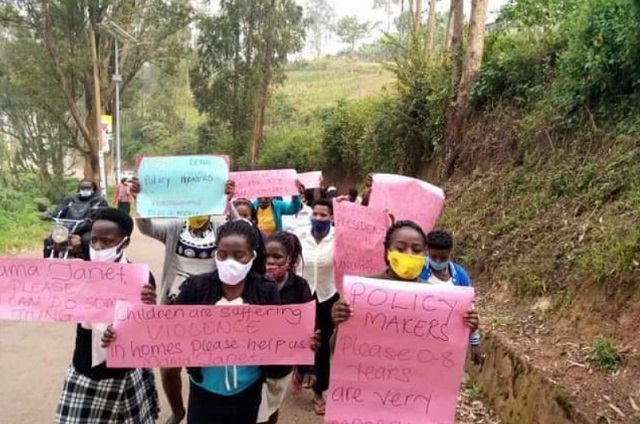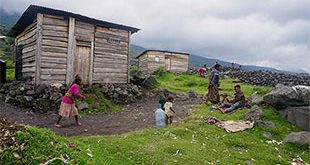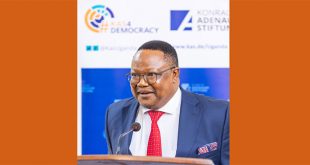
Caution from the World Bank
Among the costs of the continued inaccessibility of kindergarten and education provision prior to children starting formal schooling is high repetition and drop out particularly during the transition from P.1 to P.2 and P.6 to P.7 according to the National Planning Authority. The World Bank has warned the government before on neglecting early childhood education.
Speaking during the assessment of the Uganda Teacher and School Effectiveness Project (UTSEP) in Kampala in December, 2019, Kirill Vasilliev, a senior education specialist at the World Bank noted that because of the expensive nursery education, most Ugandan children end up going straight to primary school. But most times, the children are not prepared and they are often underaged making it difficult for them to learn appropriately and pass.
“International evidence has shown that investment in early childhood education years is crucial in promoting high learning outcomes because it prepares pupils on how to read and pronounce words. It is difficult for teachers to teach pupils who have not gone through the nursery,” Vasilliev said.
He advised the government to prioritize this sector and provide early education to the less advantaged especially the poor in rural areas where private investors are not well established.
Safaa El Kogali, the World Bank Education Practice Manager for East Africa, also advised the government to provide nursery education to those that cannot afford the costs charged by private service providers.
“Focusing on primary education is not enough if learners are likely to fail or not complete school because they did not attain pre-primary education, the government can decide to offer pre-primary education to those that cannot afford it as it does for UPE and leave private providers to cater for those that can afford,” she said.
Going forward, Baguma, the General Secretary from UNATU told The Independent that Janet Museveni’s directives can change anytime depending on how the pandemic behaves over the next few months.
“If we open for P.1 and the other classes and we discover that there are no infections as earlier feared, then kindergarten might not wait for two years to reopen” he said, “Once the children in these classes go back and there are no repercussions, then preschool kids will go back. This is not cast in stone; it is still subject to monitoring.”
For Nalubinga of UCOBAC, the Ministry of Education and Sports should collaborate with representatives of schools and parents through open engagements to collectively come up with agreeable SOPs that young children can adhere to so that they do not miss out on learning.
“For instance, emphasis can be placed on teaching children to improve on their hygiene – to learn to wash hands regularly, supervision of sharing at school, limiting class numbers,” Nalubinga told The Independent.
****
 The Independent Uganda: You get the Truth we Pay the Price
The Independent Uganda: You get the Truth we Pay the Price



I have read the article above, and surprisingly, majority f opinion is only looking at ECONOMIC reasons and CONVENIENCE. Schools had taken loans, parents don’t have time to teach their children etc. Others are intentionally trying to create an impression that govt is not interested in kindergarten schooling. These are unfortunate statements because it is in the best interest of government to have these kindergartens open but it the health concern for the children that is the major reason. I have read other opinions elsewhere that patents are tired of keeping children at home. Imagine such a reason a parent is giving. Government, as per numerous govt policies values and recognizes kindergartens as a basic ingredient in child development. I invite the skeptics to look at the various policy documents on child development. I know there might be burn outs, impatience, economic pressures, etc, but these do not outweigh the survival and safety of our children. These reasons can be otherwise discussed and solutions found, but let’s not compromise the lives of these young ones. Am certain the kindergartens will open once it is all clear.